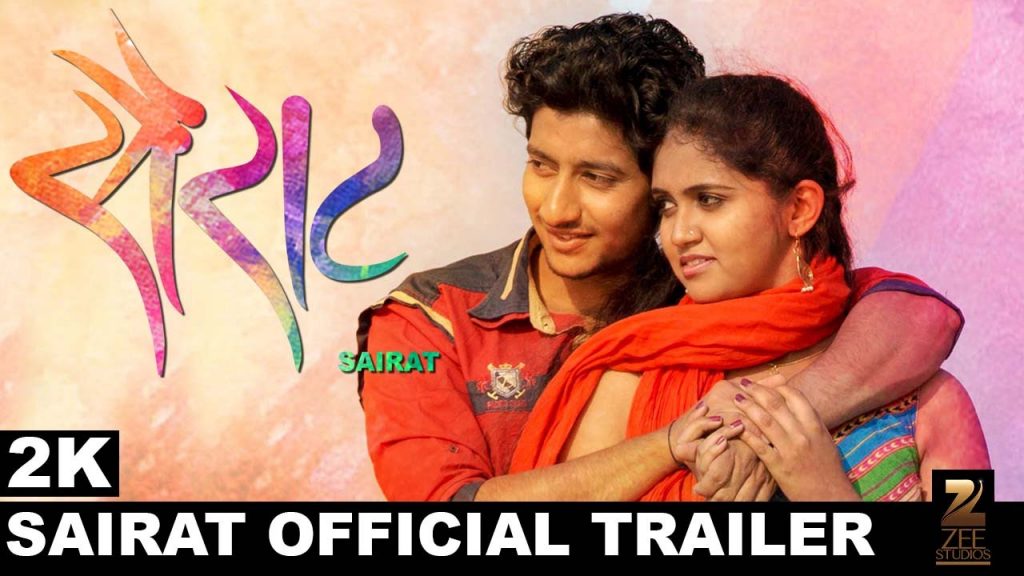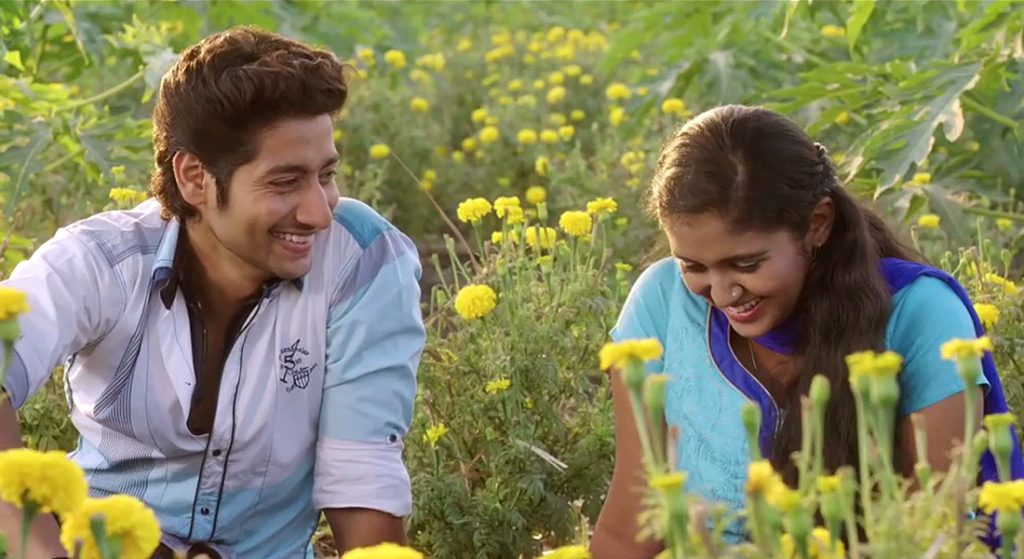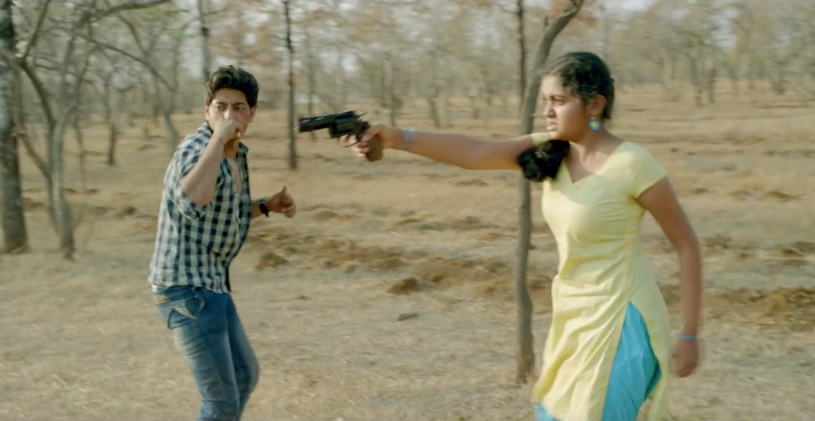
I had been hearing about ‘Sairat’ for a couple years now. After being blown away by the ‘Dhadak’ trailer and learning it was a Hindi remake of ‘Sairat,’ I finally decided to get on Netflix and watch the Marathi superhit. Watching with not many expectations, I was pleasantly blown away by the gut-wrenching love story that quickly became a favorite.
Directed by Nagraj Manjule, a filmmaker who received a National Award for his short film, ‘Pistulya,’ the film included issues of honor killings and caste discrimination, which still exist in many parts of India today and are recurring themes in Manjule films. The plot revolves around two young college students, Archi, played by Rinku Rajguru, and Parshya, played by Akash Thosar. Archi is the headstrong daughter of a local politician and comes from a rich, upper caste family, while Parshya comes from a poor, low caste family. They both go to college together, where they begin to fall in love as they spend time together.

The two start to build their lives together, starting from the bottom. Archi struggles to adjust going from riches to rags. You laugh with them, cry with them, get frustrated with them. You experience their conflicts with each other with them and watch them grow together. By now, all emotions are fully invested in the characters, which is why the ending of ‘Sairat’ leaves you completely shocked and gut-wrenched.

Overall, I give this film a 4 out of 5 stars. While I loved everything about the film, I don’t know if it’s something I can bring myself to watch over and over, as it does leave you with a heavy heart.
[Read Related: Sisters Separated By Caste – A Review of ‘The Color of Our Sky’ by Amita Trasi]
I look forward to seeing how Bollywood’s take, ‘Dhadak,’ stands up against ‘Sairat’ and if it is able to deliver the same simplicity and wholesomeness of this love story.




